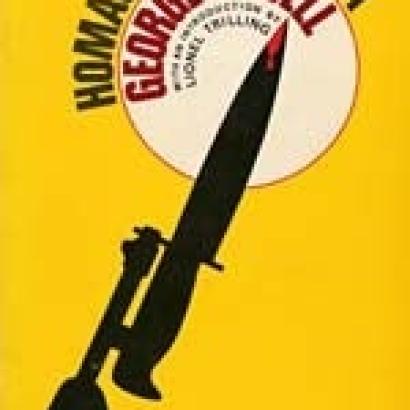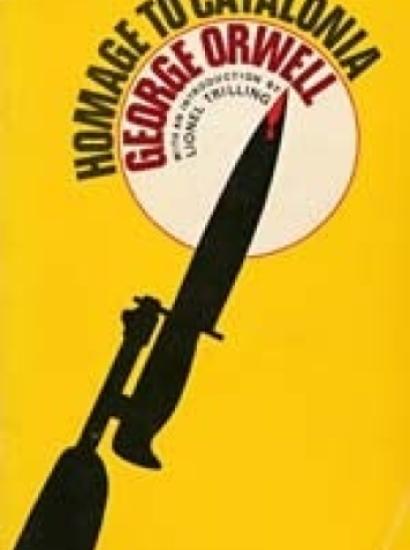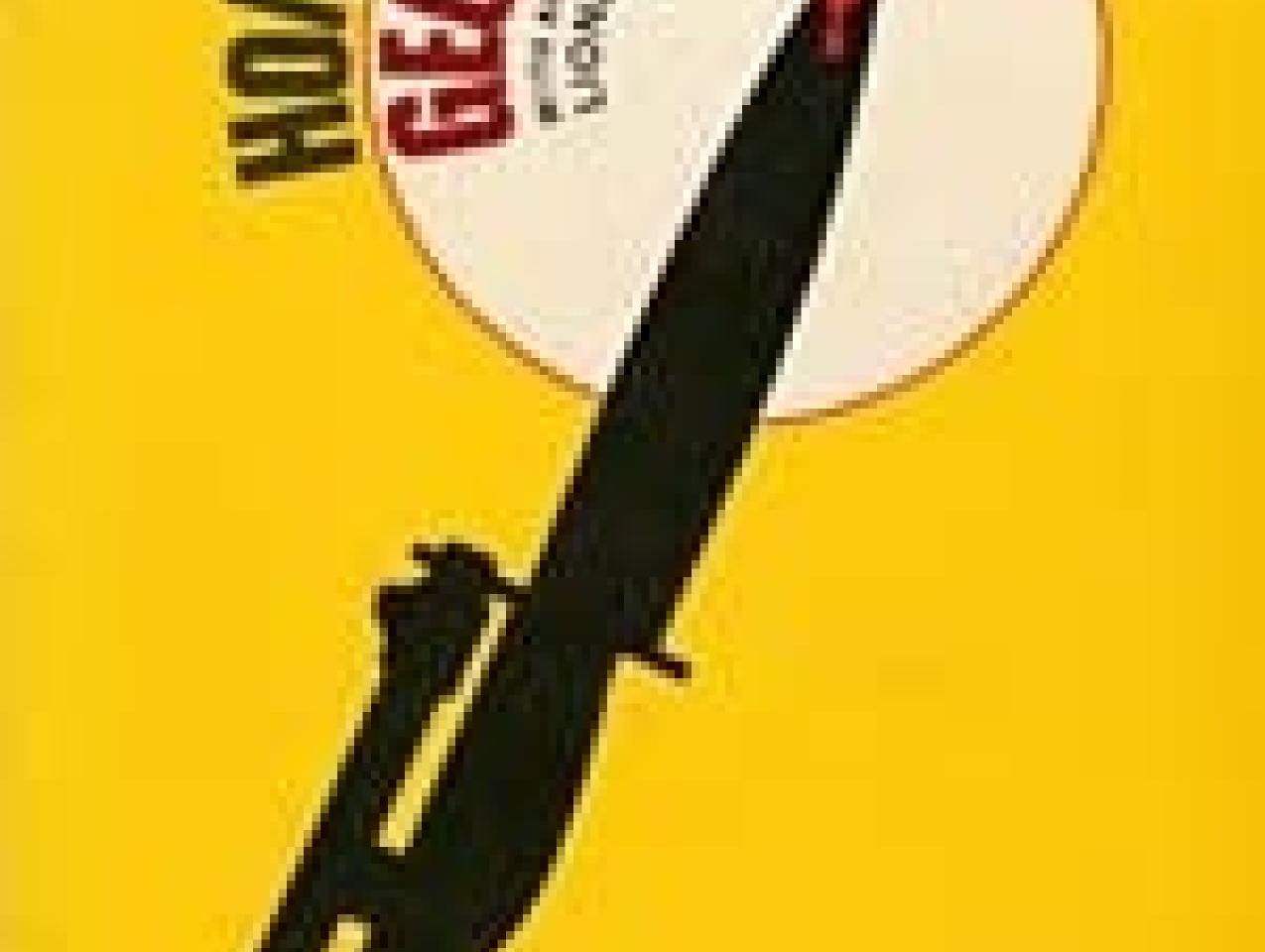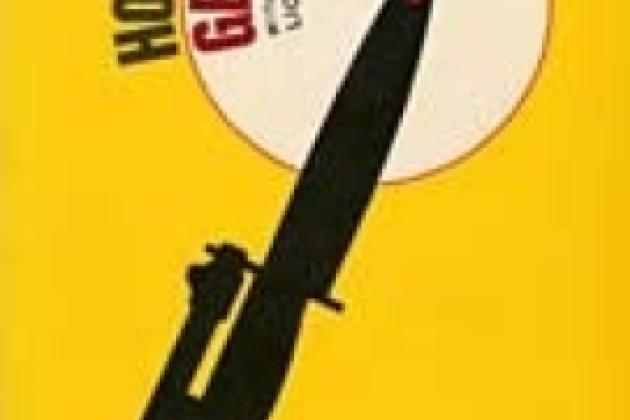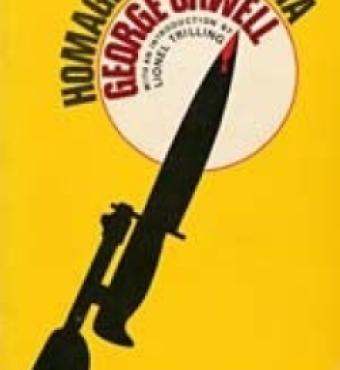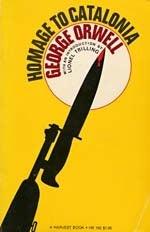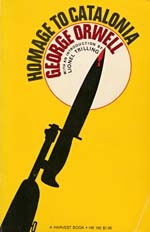
George Orwell (1903-1950) was known throughout the world for his novels Animal Farm and Nineteen Eighty-Four, as well as for his essays, books of reportage, and other novels. Born Eric Arthur Blair on June 25, 1903, into the "lower-upper middle class" in Motihari, Bengal, India, where his father was a civil servant for the British government, Blair moved to England the following year with his mother and sister. He received an elite education, culminating at Eton, but did not go on to university. His early school years were not happy; he later wrote about his experiences in a bitter essay called Such, Such Were the Joys.
George Orwell (1903-1950) was known throughout the world for his novels Animal Farm and Nineteen Eighty-Four, as well as for his essays, books of reportage, and other novels. Born Eric Arthur Blair on June 25, 1903, into the "lower-upper middle class" in Motihari, Bengal, India, where his father was a civil servant for the British government, Blair moved to England the following year with his mother and sister. He received an elite education, culminating at Eton, but did not go on to university. His early school years were not happy; he later wrote about his experiences in a bitter essay called Such, Such Were the Joys.
In 1922, he became a member of the Indian Imperial Police and was stationed in Burma. While home on leave in 1927, he resigned to take up his true vocation, that of a writer.
He began to explore the underside of London and Paris society, living among the poor, while observing, interviewing, and gathering experiences for a book. The result was Down and Out in Paris and London (1933). He requested that the book be published under a pseudonym, George Orwell-George, a common British name devoid of upper-class connotations, and Orwell, the name of a river in East Anglia.
This book was followed by Burmese Days (1934), A Clergyman's Daughter (1935), and Keep the Aspidistra Flying (1936). The publisher Victor Gollancz commissioned Orwell to investigate unemployment in the north of England for the Left Book Club. The result was The Road to Wigan Pier and the author's conversion to socialism.




